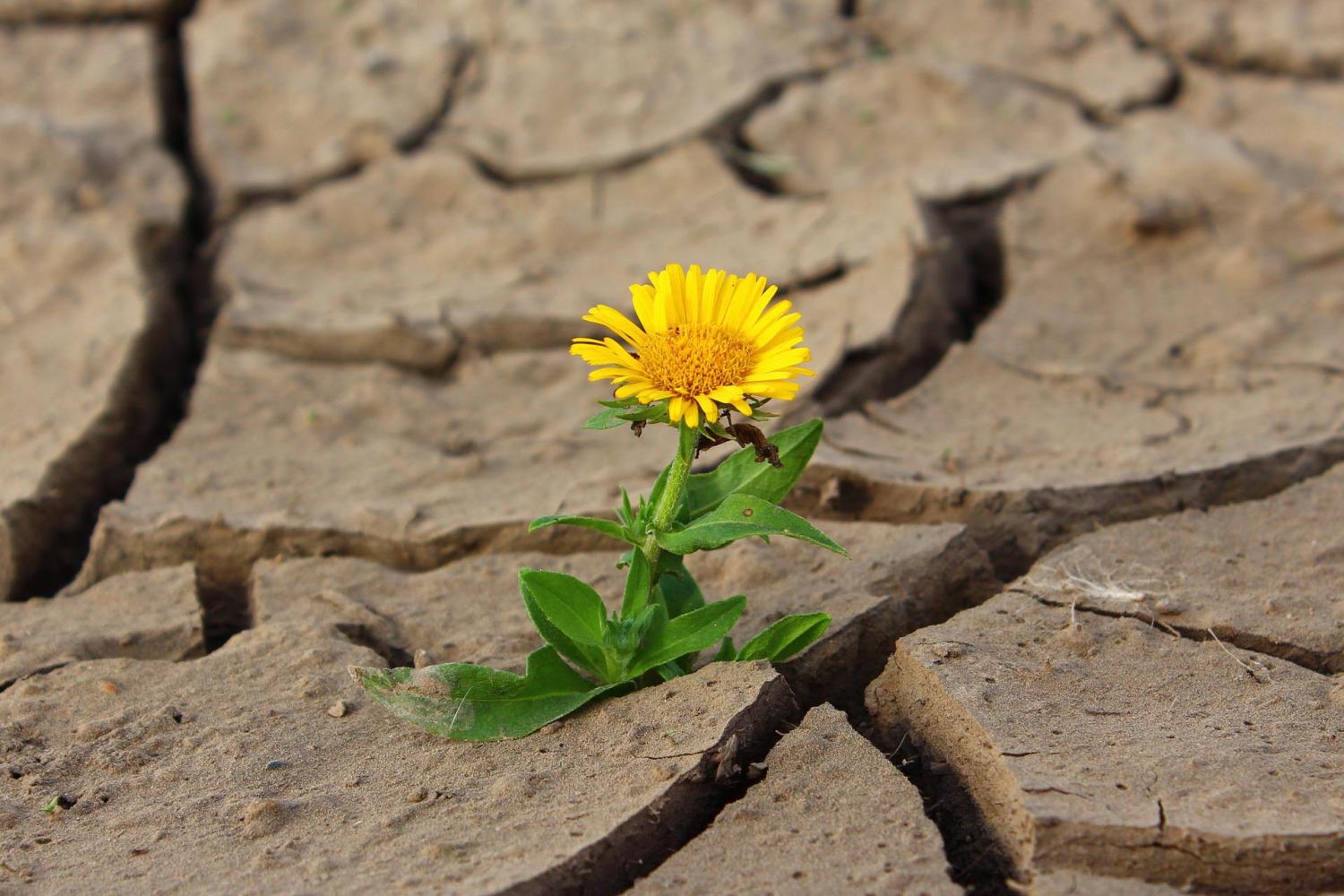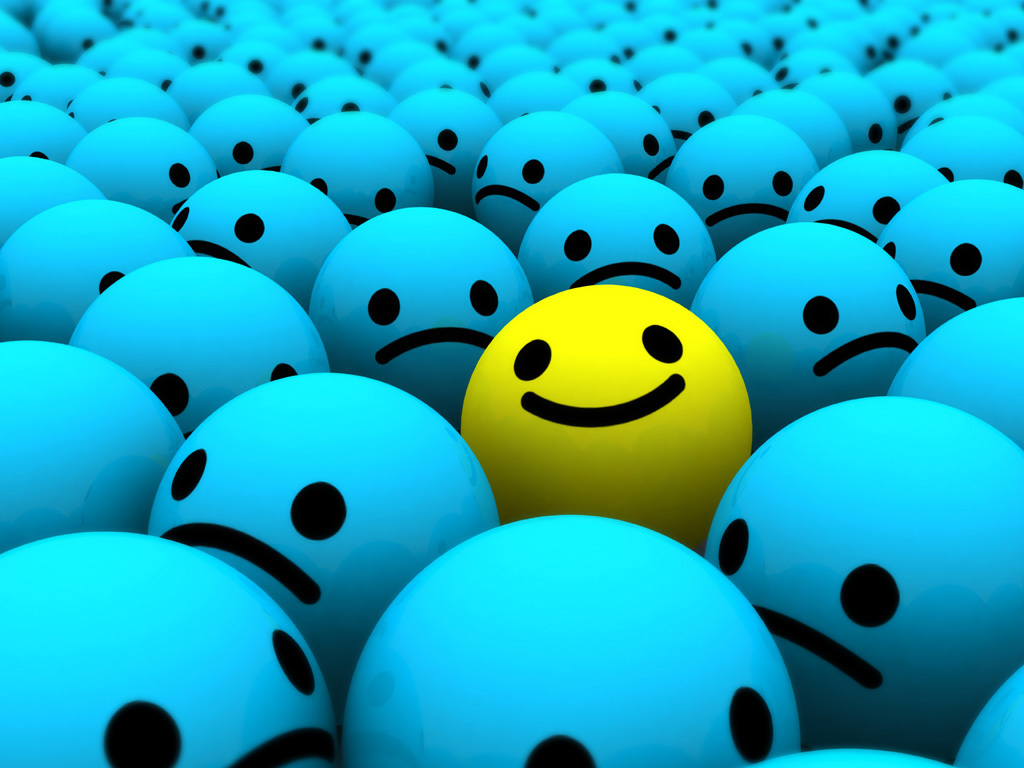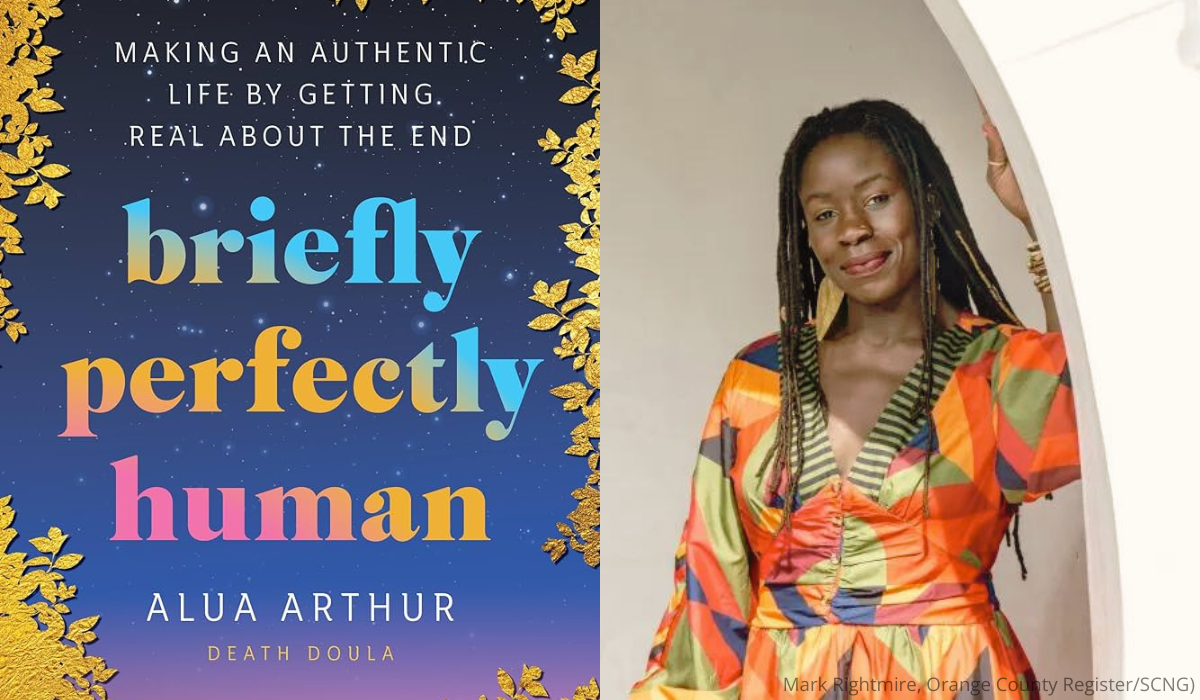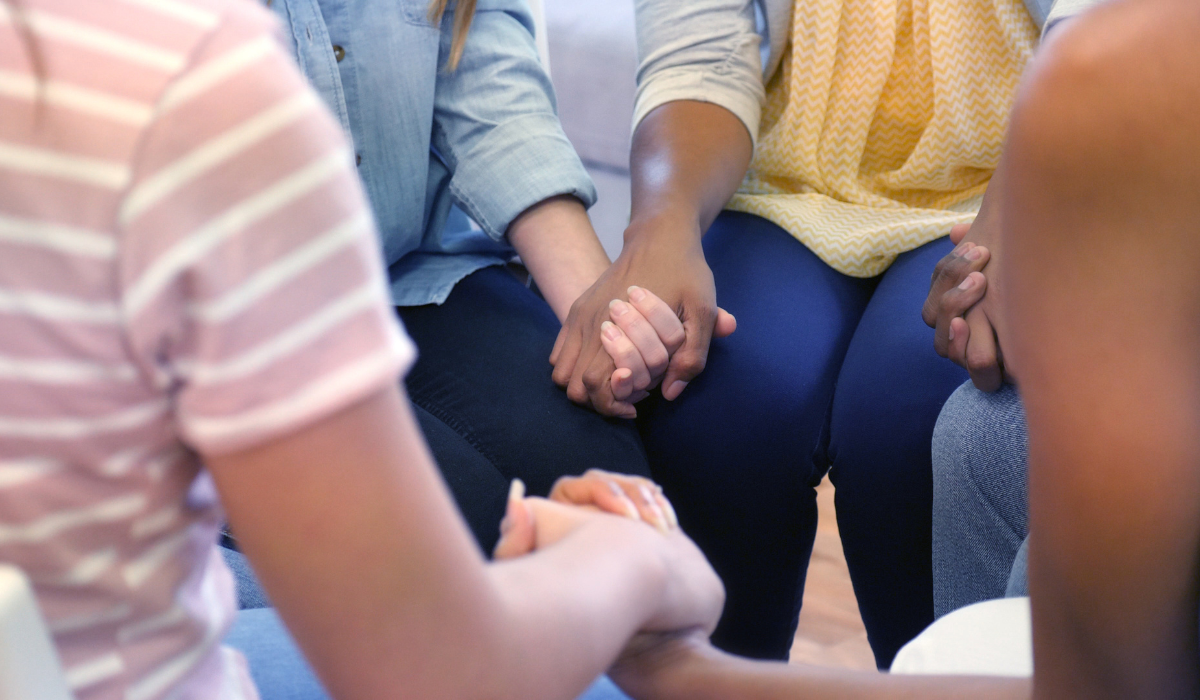News Above the Noise: Week of September 11, 2022

1. The Future of the Monarchy Is More Uncertain Than Ever
In light of the Queen’s death, Charles is now officially King Charles III—Britain’s head of state as well as the head of state for other countries in the “Commonwealth Realm” (including Australia, Canada, and the Bahamas). A near-universal refrain in the commemorations for the late Queen Elizabeth II has been her role as a symbol of stability in Britain, as well as a constant in an increasingly inconstant world.
While the path forward for Britain is clear and King Charles III will inherit the throne, he does so at an interesting time. According to one poll, just 62% of British people support the monarchy. Will the new King emulate his mother’s image of stability and be able to preserve the institution that she spent her lift trying to protect? CLICK HERE.

2. Stressed Out About Climate Change?
With heat waves, intense wildfires, and a growing number of floods and hurricanes threatening our physical well-being, it’s no wonder many of us are also struggling with worsening mental health when it comes to our collective climate crisis.
For starters, heat itself is associated with an increase in mood disorders, anxiety, and aggressive behavior. Then, those of us who face climate-related natural disasters personally—after hurricanes and wildfires lead to deaths and property destruction—are at a greater risk of dealing with depression, anxiety, post-traumatic stress disorder and even suicidal thoughts.
The existential fear of climate change is even more pervasive, if subtle. In fact, a 2020 poll by the American Psychiatric Association found that 67% of Americans are somewhat or extremely anxious about the effects of climate change, and 55% are worried about its impact on their mental health. So, what do we do about it? CLICK HERE.

3. A Recent Study Finds That Random Acts of Kindness Significantly Impact Your Well-Being
Want to feel a little bit happier in your own life? Do something nice for another. That’s what researchers found after conducting experiments ranging from giving someone a cup of hot chocolate to delivering cupcakes in the park. After conducting a total of eight experiments, the researchers concluded that we underestimate the effect our acts of kindness will have on the receivers—and unfortunately, that fact often prevents us from doing a good deed.
The study’s co-author Amit Kumar said that because people underestimate the positive effects of these acts, more often than not, people don’t perform them. “One reason for why people undervalue the impact of their prosociality is because they don’t seem to fully appreciate the role,” Kumar said. “Performers, in an act of kindness, can miss out on the fact that simply engaging in a warm prosocial act can be meaningful for recipients. Beyond whatever it is that they’re giving them, (performers) think they’re doing something (that’s) relatively inconsequential.” To learn more about this study that’ll inspire you to do something nice for someone else today. CLICK HERE.

4. There Is No Road Map for the Longest Phase of Parenthood
“There’s now no shortage of guidance for raising children through early developmental milestones, from toilet training and getting your kid to sleep through the night to steering them through the turbulence of adolescence,” writes Julie Halpert in The Atlantic. “Yet, once children reach adulthood, the instruction abruptly stops—even though, for many families, that period is the longest, and in some ways the most anxious and uncertain, stage of parenthood.”
Finding the right balance between encouraging our children to fly away from the nest and supporting them after they do can be tricky. That’s why Halpert’s recent article captured our attention. CLICK HERE.

5. Want to be happy? Don't trust your gut
How many decisions do you make in a day? Probably too many to count, right? When we make these decisions, it’s on the basis of some feeling or evidence: sometimes we go with our intuition, and other times we follow the logic. Well, a new book called Don’t Trust Your Gut by Seth Stephens-Davidowitz argues that making decisions based on our “gut” is usually wrong. That’s because our intuition is often influenced by false impressions or dubious conventional wisdom. Intrigued—and ready to learn more? CLICK HERE.
Editor's Note: Every week, The Sunday Paper's team of journalists sifts through the news to make sense of what's happening in the world and provide hope for your week to come. We find what Rises Above the Noise and do our best to highlight what we think matters. If you’d like to read more in-depth, please note that while we do our best to feature articles that are not behind a paywall, some of the news pieces we recommend require their own subscriptions beyond our control.




